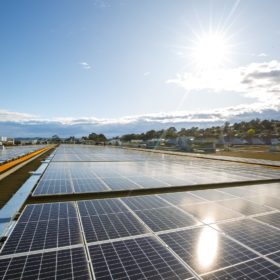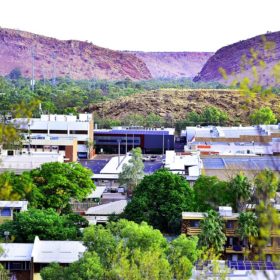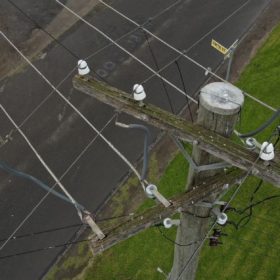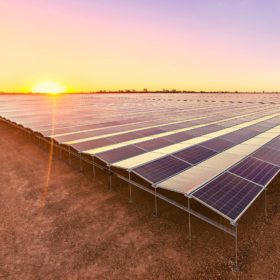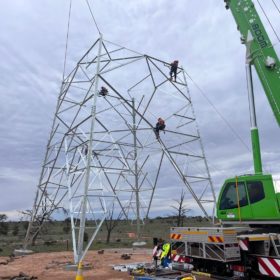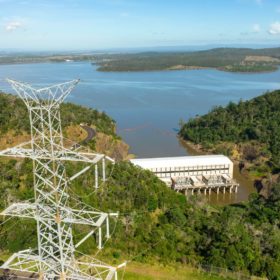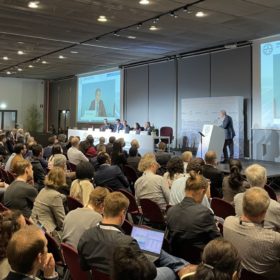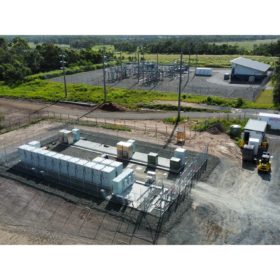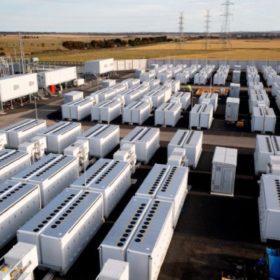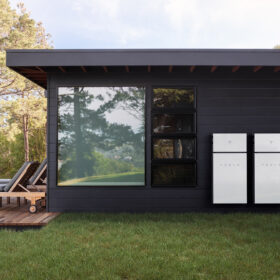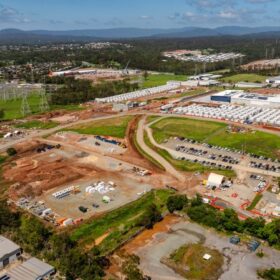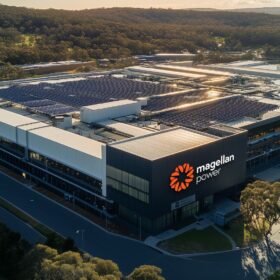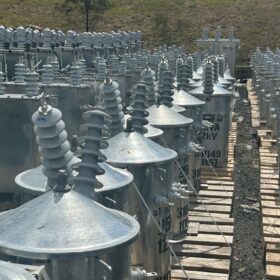Flexibility as the key: Shell funded to transform energy demands of C&I sites
Shell Energy Australia has been awarded $9.1 million from the Australian Renewable Energy Agency to recruit at least 40 commercial customer sites, including shopping centres and supermarkets, to begin shifting how and when they use electricity – a demonstration of the potential of flexible demand.
Weekend read: Islands in the sun
Islandable microgrids are a growing niche, especially in remote regions at the end of electricity networks or parts of the world prone to natural disasters and outages. Renewably powered microgrids can provide a community with more stability and operate independently, so vulnerable regions are not reliant on distant sources of generation, as was the case during Australia’s Black Summer bushfires of 2019-20, when communities were left powerless. From California to Australia’s southern coast, the study and deployment of microgrids is on the rise. pv magazine’s Blake Matich takes a look.
Northern Territory flicks switch on Alice Springs VPP
Smart technology that controls energy flow on power grids could soon be the norm in the Northern Territory with a trial launched in the outback town of Alice Springs that will test the economic and energy efficiency of a rooftop solar-driven virtual power plant.
IEEFA calls for inquiry after network providers pocket ‘supernormal’ profits
The Institute for Energy Economics and Financial Analysis is calling for an independent inquiry into Australia’s electricity networks and their regulators claiming Australians have been overcharged $10 billion (USD 6.5 billion) in the past eight years by distribution and transmission network service businesses making “supernormal” profits from consumers forced to use their poles and wires.
SA’s first solar-powered crypto mining centre to combat curtailment
The operators of an energy-intensive cryptocurrency mining centre in the South Australian industrial city of Whyalla believe it offers a solution to curtailment issues that haunt many developers of solar PV projects in the National Electricity Market.
Regulators reinforce need for ‘massive investment’ in energy sector
Australian energy regulators have called for urgent investments in renewable energy capacity and the transmission infrastructure needed to connect new projects to the grid as they look to ensure an orderly transition as coal-fired generation exits the National Electricity Market.
Queensland announces ‘biggest pumped hydro scheme in the world’
Queensland Premier Annastacia Palaszczuk has launched a $62 billion energy and jobs plan, which includes the biggest pumped hydro scheme in the world. The government is also planning to convert publicly owned coal-fired power stations into clean energy hubs from 2027.
‘The first terawatt of solar PV installed globally took some 70 years to achieve, while the second will likely take only three’
Leading solar researchers from around the world are meeting for the first time in four years in Milan, Italy, for the 8th World Conference on Photovoltaic Energy Conversion (WCPEC-8). The first morning has seen prestigious awards bestowed on two scientific leaders and inspirational discussions as to how the “second terawatt” of solar can be installed globally in just a handful of years.
Queensland charges ahead with big battery rollout
A new $8 million large-scale, network-connected battery at Tanby on Queensland’s Capricorn Coast is expected to help facilitate the continued integration of renewables, including rooftop solar PV, into the state’s energy system.
NSW seeks to smooth path for 700 MW/1400 MWh super battery
The New South Wales government has moved to fast track the development of the 700 MW/1400 MWh Waratah Super Battery as it looks to shore up a reliable energy supply ahead of the impending closure of the country’s biggest coal generator.
